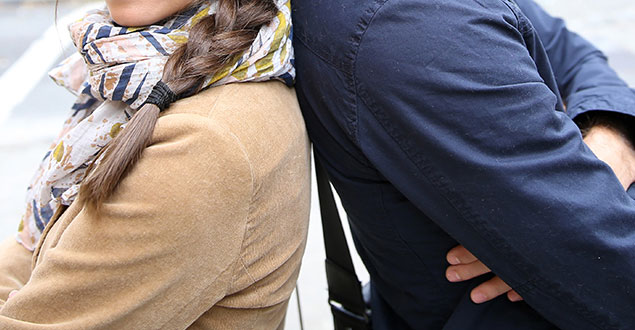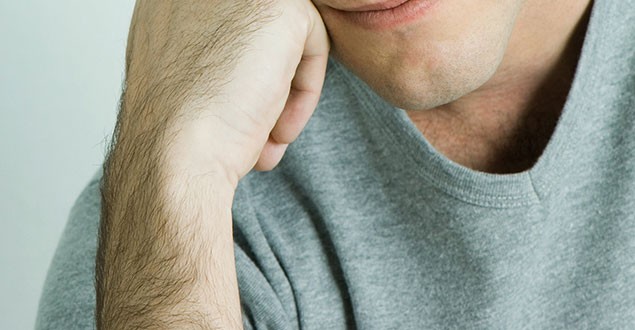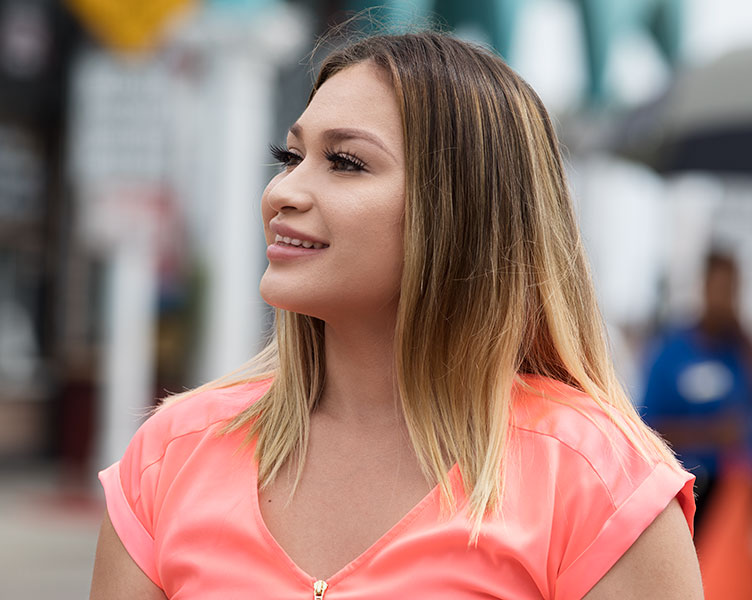
"I have a headache", "I’m too tired", "I’m not in the mood tonight"…
You’ve probably used one of these once in while.
It’s OK not to be in the mood – all women (and men) experience that sometimes. But for some it becomes an actual problem.
A UK national survey showed that 54% of sexually active women suffered from at least one sexual problem lasting at least one month in the preceding year.
Women who see a doctor about bladder problems are not always checked for sexual problems as well.
But as you may have experienced, bladder problems can have a negative effect on all parts of your sex life. This includes effects on sexual desire, arousal, lubrication and orgasm. It can also be a cause of pain during sexual activity.
Different types of incontinence can have different effects on sexual function:
Stress incontinence
If you have stress incontinence, you may have reduced sexual desire, because sexual fantasies are frequently associated with the fear of having a leak episode during intimacy, which results in sexual anxiety.

Urge incontinence
If you have urge incontinence, you may be uninterested in sex because you may experience a strong increase in the desire to urinate during intercourse, with subsequent frequent leakage of urine during such. Moreover, urge incontinence has been associated with pain and anxiety related to intercourse, and fear of reaching an orgasm due to the risk of having an urge incontinence episode at this time.
Coital incontinence
Coital incontinence (incontinence caused by sexual activity) occurs in 11–36% of sexually active women with incontinence. It can occur at any point during sexual activity, but the mechanism seems to be divided into ‘mechanical’ (introduction of the penis, deep penetration, pressure on the abdomen) and ‘non-mechanical’ factors (clitoral stimulation, arousal and orgasm).
Coital incontinence does not interfere with sexual enjoyment in all women.
Fewer than one in five women suffering from sexual problems look for help for their sexual concerns.
Many women find it embarrassing to talk to their doctor about bladder problems and sex. Barriers may be the age and gender of the doctor or the perceived attitude of the doctor – especially if you are an older women seeking help for a sexual problem. Sexual problems are often not perceived as a ‘severe’ health problem.
Seek advice if you have sexual problems. Identify a person in whose presence you can feel comfortable. If not your doctor, then a nurse? Or maybe one of your friends can recommend a good female doctor.



